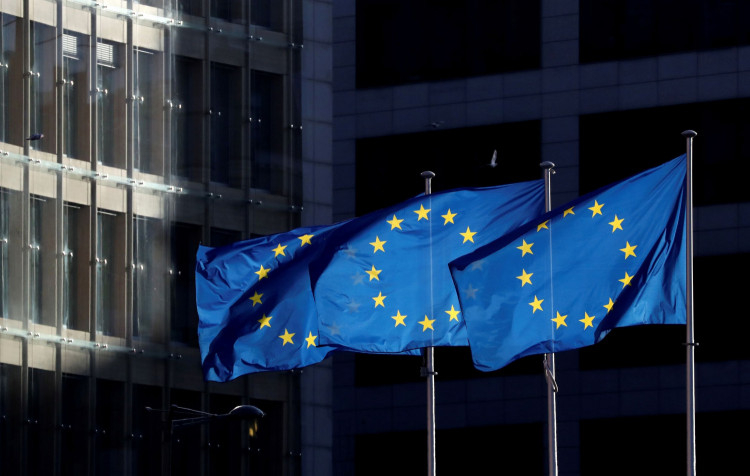The European Union's parliament on Wednesday approved the world's first comprehensive set of regulations governing artificial intelligence, known as the AI Act. The groundbreaking legislation, which passed with 523 votes in favor, 46 against, and 49 abstentions, is expected to set a global standard for AI regulation and pave the way for other countries to follow suit.
"The AI Act has nudged the future of AI in a human-centric direction, in a direction where humans are in control of the technology and where it - the technology - helps us leverage new discoveries, economic growth, societal progress and unlock human potential," said Dragos Tudorache, a Romanian lawmaker who co-led the Parliament's negotiations on the draft law.
The AI Act takes a risk-based approach to regulating AI products and services, dividing the technology into four categories: unacceptable, high, medium, and low risk. Unacceptable uses of AI, such as social scoring systems and certain types of predictive policing, will be banned outright. High-risk applications, including medical devices and critical infrastructure, will face tougher requirements, such as using high-quality data and providing clear information to users.
The legislation also addresses the rapidly evolving field of generative AI, exemplified by models like OpenAI's ChatGPT and Google's Gemini. Developers of these systems will be required to provide detailed summaries of the data used to train their models, follow EU copyright law, and label AI-generated deepfakes. The EU has expressed concerns that powerful AI systems could cause serious accidents, be misused for cyberattacks, or spread harmful biases.
"Europe is NOW a global standard-setter in AI," wrote Thierry Breton, the European commissioner for internal market, on X (formerly Twitter). European Parliament President Roberta Metsola described the act as trailblazing, saying it would enable innovation while safeguarding fundamental rights.
However, the AI Act has faced challenges and concerns from various stakeholders. Some EU countries, including Germany and France, have advocated for self-regulation over government-led curbs, fearing that stifling regulation could hinder Europe's ability to compete with Chinese and American companies in the tech sector. These countries are home to some of Europe's most promising AI startups.
Big tech companies have generally supported the need for AI regulation while lobbying to ensure any rules work in their favor. OpenAI CEO Sam Altman caused a minor stir last year when he suggested the ChatGPT maker could pull out of Europe if it can't comply with the AI Act, before backtracking to say there were no plans to leave.
The AI Act is expected to officially become law by May or June, after a few final formalities, including approval from EU member countries. Provisions will start taking effect in stages, with countries required to ban prohibited AI systems six months after the rules enter the lawbooks. Rules for general purpose AI systems like chatbots will start applying a year after the law takes effect, and the complete set of regulations, including requirements for high-risk systems, will be in force by mid-2026.
Legal professionals have described the AI Act as a major milestone for international AI regulation. "Once again, it's the EU that has moved first, developing a very comprehensive set of regulations," said Steven Farmer, partner and AI specialist at international law firm Pillsbury. "The bloc moved early in the rush to regulate data, giving us the GDPR, which we are seeing a global convergence towards. The AI Act seems to be a case of history repeating itself."
Mark Ferguson, public policy expert at Pinsent Masons, added that the passage of the act was just the beginning and that businesses will need to work closely with lawmakers to understand how it will be implemented as the fast-moving technology continues to evolve.
As the EU leads the way in AI regulation, the rest of the world is watching closely. The United States, China, and other countries are grappling with how to regulate the rapidly advancing technology, and the EU's AI Act is expected to serve as a model for future legislation. However, the act's success will depend on its effective implementation and the ability of regulators to keep pace with the ever-evolving AI landscape.






